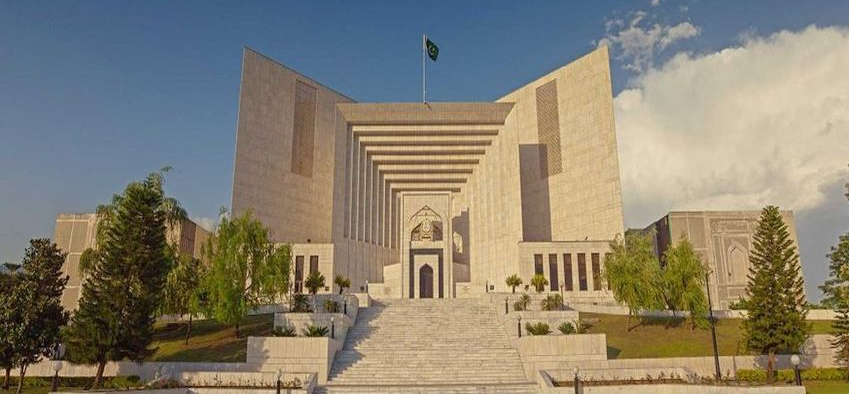The Joint Recovery of Evidence from Multiple Accused had no Legal Standing and also Inadmissible in Evidence --- Supreme Court of Pakistan
Islamabad 28-08-2024: In a significant ruling, the Supreme Court of Pakistan has acquitted two men, Muhammad Yahya and Muhammad Riaz, who were previously sentenced to death for their involvement in a 2008 incident that resulted in multiple deaths and injuries. The Court's decision, delivered on May 22, 2024, overturned the judgments of both the trial Court and the Lahore High Court, citing major discrepancies in the prosecution's evidence and the misapplication of anti-terrorism laws.
The appellants were convicted by an Anti-Terrorism Court (ATC) in Lahore under Sections 302(b)/149, 324/149 of the Pakistan Penal Code (PPC), and Section 7 of the Anti-Terrorism Act, 1997 (ATA). The incident, which occurred on June 11, 2008, involved a violent attack that resulted in the deaths of four individuals and injuries to several others. The appellants were sentenced to death on four counts and were ordered to pay compensation to the victims' families.
In 2019, the Lahore High Court partially upheld the convictions but set aside the appellants' sentences under Section 7 of the ATA, converting their death penalties to life imprisonment. Dissatisfied with this decision, the appellants brought their case before the Supreme Court.
The Supreme Court, after a thorough review of the case, identified several key issues with the prosecution's evidence. Notably, the Court found significant contradictions in the testimonies of eyewitnesses, which cast serious doubt on their credibility. The Court also criticized the manner in which the weapons were recovered, pointing out that the joint recovery of evidence from multiple accused had no legal standing and was inadmissible.
A crucial aspect of the ruling was the Court's determination that the case did not fall under the purview of the Anti-Terrorism Act. The Court clarified that for an act to be classified as terrorism under Section 6 of the ATA, it must be intended to spread fear or insecurity among the public, beyond the immediate act of violence. Since the incident was rooted in personal enmity and occurred in an unpopulated area without creating public terror, it did not meet the criteria for terrorism.
The Court's decision drew upon several key legal precedents, including “Muhammad Mushtaq vs. Mustansar Hussain” (2016 SCMR 2123) which addressed the importance of consistent and credible witness testimony, and “Ghulam Hussain vs. State” (PLD 2020 SC 61), which clarified the interpretation of terrorism under the ATA. The Court also emphasized the principle that any doubt in the prosecution's case must be resolved in favor of the accused, as established in “Mst. Asia Bibi vs. State” (PLD 2019 SC 64).
In light of these findings, the Supreme Court acquitted Muhammad Yahya and Muhammad Riaz of all charges and ordered their immediate release. This ruling not only underscores the importance of rigorous evidence standards in criminal trials but also serves as a critical examination of how anti-terrorism laws are applied in Pakistan. The decision is likely to have significant implications for similar cases in the future, particularly those involving the interpretation of terrorism and the admissibility of evidence.
Powered by Froala Editor








